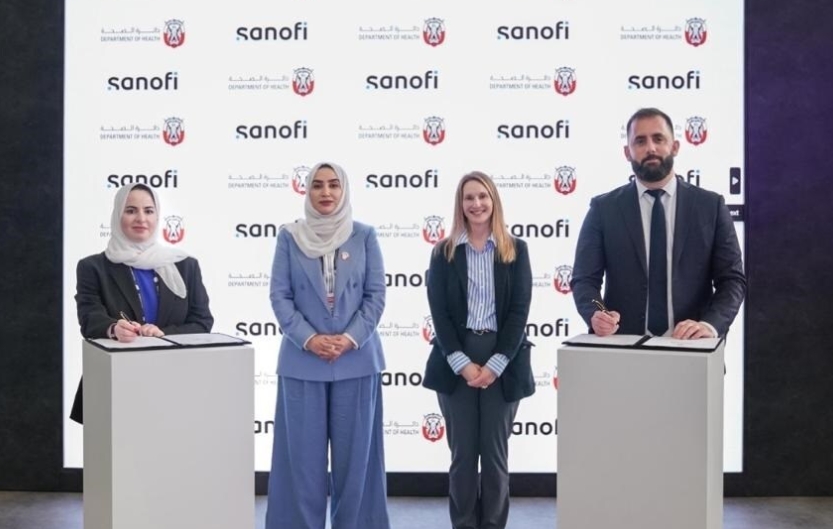
Wockhardt is working with many international consultants and advisors to establish processes enabling a system of compliance that will meet all regulatory norms and requirements
Singapore: After running into trouble with the US FDA, Indian drug maker Wockhardt has undertaken some bold structural changes in its leadership levels and quality control systems. Surrounded by regulatory crisis related to approvals for exports, the company is now looking at holding meetings with foreign pharma regulators to explain matters to them.
"We have made some leadership changes and have appointed a new, highly experienced, senior professional as our head of quality reporting directly to the managing director," Mr Habil Khorakiwala, chairman, Wockhardt told the media at the 14th annual general meeting of the company on September 2.
He further explained that the company is working with many international consultants and advisors to establish processes enabling a system of compliance that will meet all regulatory norms and requirements. The company is further utilizing the available technology to lay down a system of checks and balances to ensure that operative personnel follow and maintain established processes and protocols.
"We are also initiating, both internally and externally, a comprehensive compliance training programme for all personnel responsible for manufacturing and quality control," he told the shareholders at the event. In order to put a single system in place, the company will implement all these measures across the organization, he added.
Clarifying the company's stance on the import alert it received from the US FDA over exports from Wockhardt's Waluj plant, Mr Khorakiwala said, "It is a case of oversight and deviation from set processes at an operative and supervisory level. Admittedly, it is an inexcusable lapse but we have taken swift and definitive action, both corrective and pre-emptive."
In the case of the regulatory issues raised against the company's Chikalthana facility in August, he said that the observations raised were not as serious as Waluj. The Chikalthana facility had received '483' observations after the US FDA and the UK Medicines and Healthcare Products Regulatory Agency (MHRA) had conducted inspections there.
The managing director of the company plans to now meet officials from the UK MHRA and US FDA to personally explain this to them.
The company is further considering shifting its products to the nearby Shendra facility that received MHRA clearance. The chairman said that the US regulatory body, FDA will be visiting the manufacturing unit next month for an inspection.




